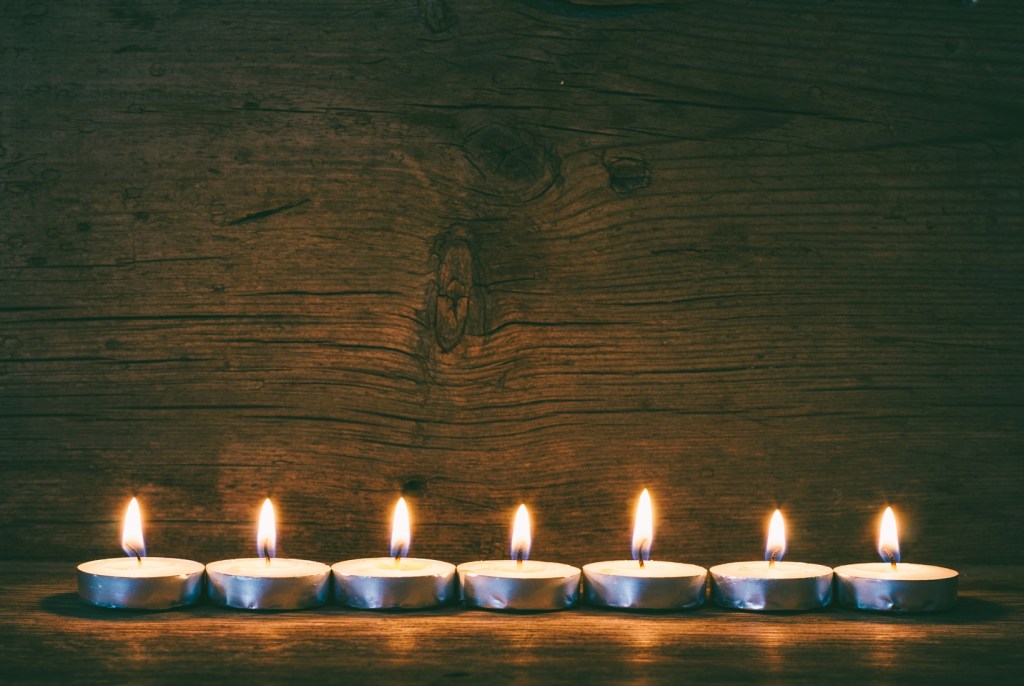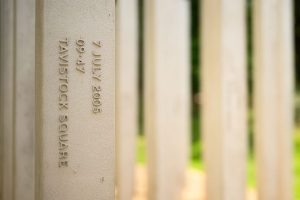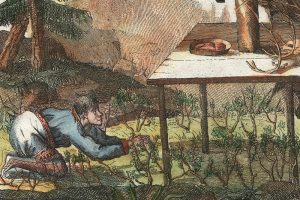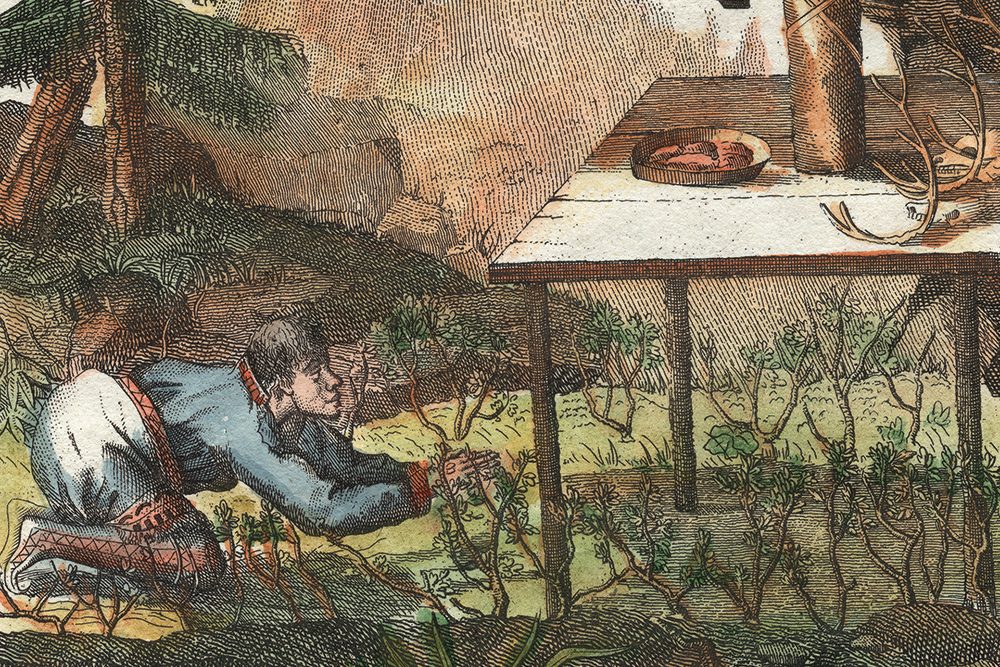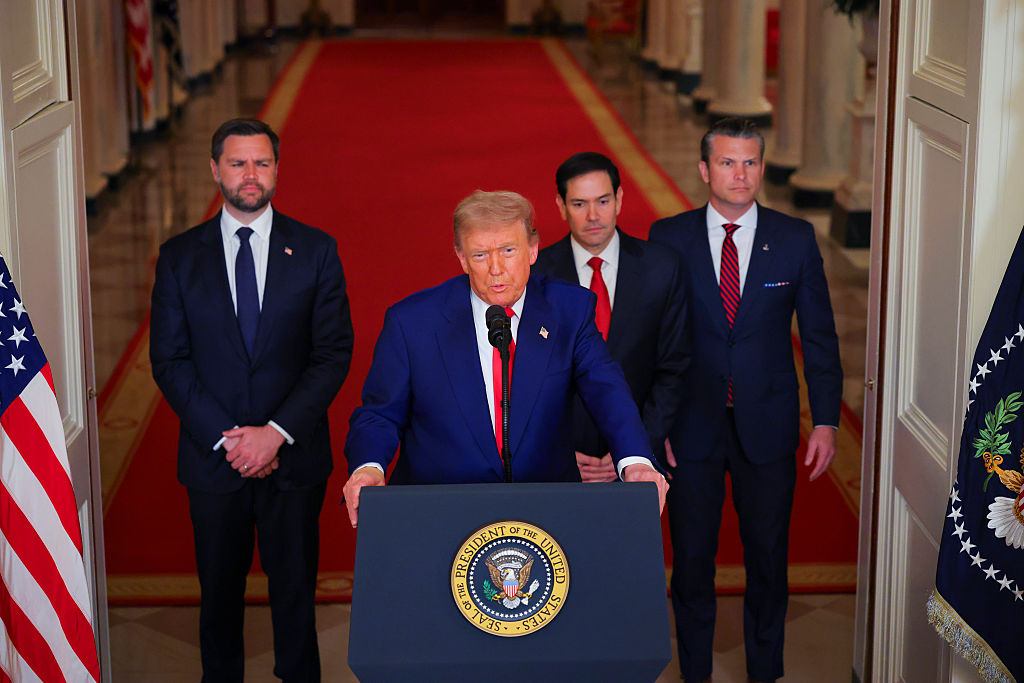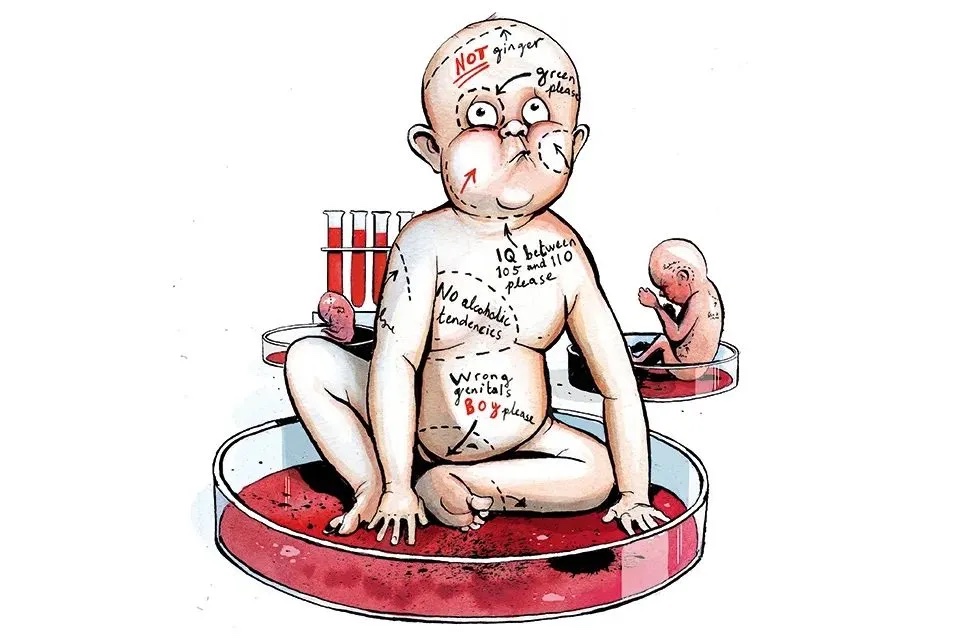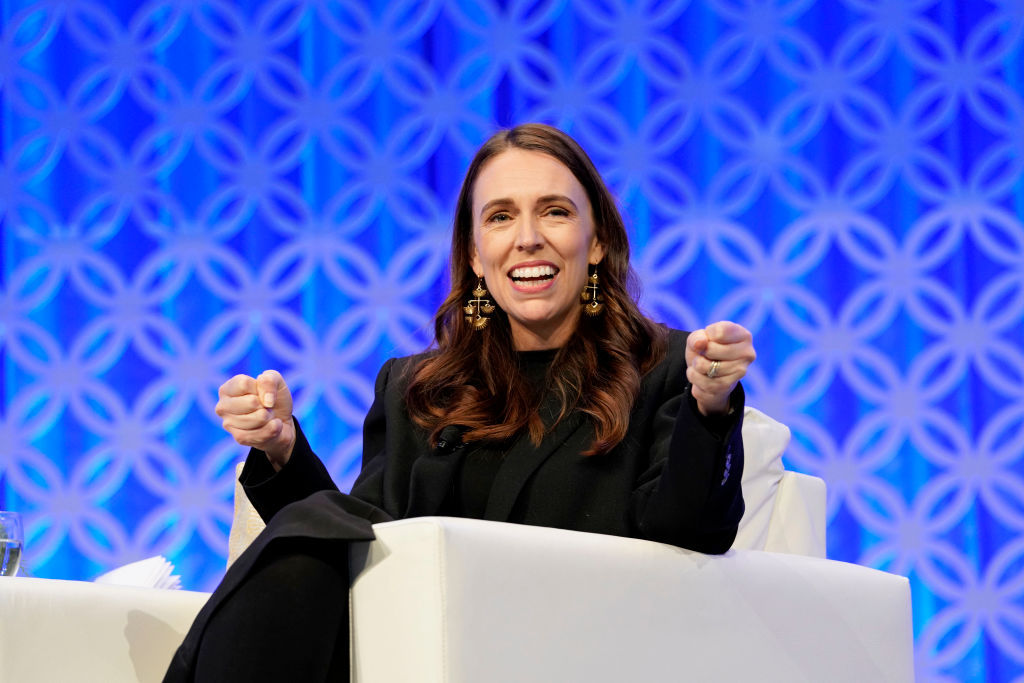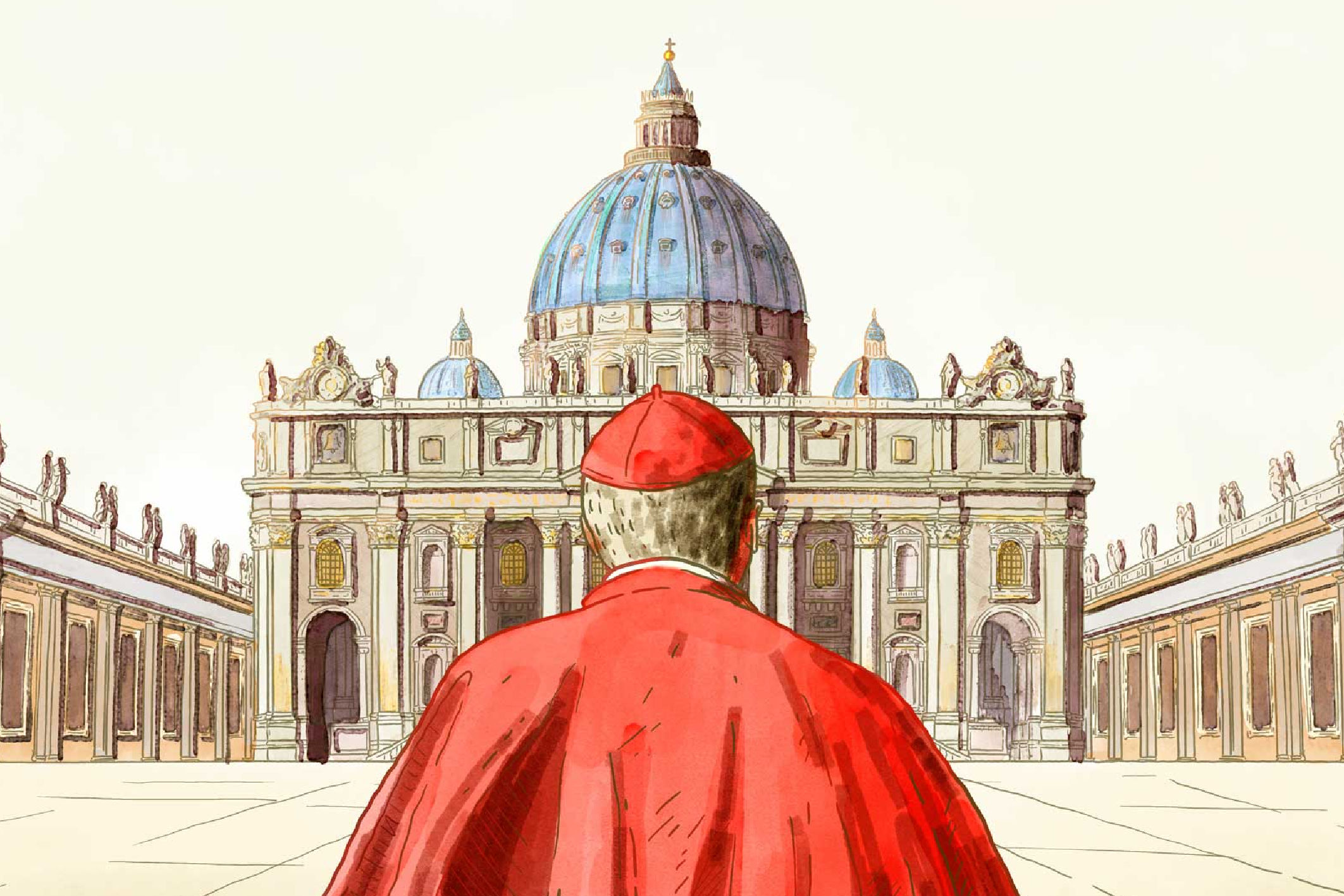Many of us try to give things up during Lent. Usually it is alcohol, or biscuits. Who would have thought that this Lent we would have to give up each other, and distance ourselves even from those we love most and from all those activities upon which we have relied so much. Even church.
In order to slow the spread of COVID-19, our buildings are closed for public worship and even for private prayer. Nothing like this has happened since 1208. The reason then was power, not plague. King John had refused to accept Pope Innocent’s appointee, Stephen Langton, as Archbishop of Canterbury. The pope responded by placing England under an interdict between March 1208 and May 1213, thus preventing the clergy from celebrating the sacraments.
It’s not quite the same for us, and we hope our lockdown will not be for so long. People aren’t able to come but, where possible, the Eucharist is still being said. This worship is offered for the nation, not with the nation. Nevertheless, coronavirus has us in a grip of fear. We are looking for spiritual help, but where, in our enforced seclusion, is it to be found?
Paradoxically, throughout Christian history and in other faiths as well, when people sought to deepen their relationship with God they went into the desert. They pursued isolation. This way of living the Christian vocation was called the solitary life. Abba Moses, one of the founders of that movement in Christian monasticism known as the Desert Fathers, used to say to his novices: ‘Go to your cell, and your cell will teach you everything.’ We are about to find out what that means.
We are going to have to learn how to be on our own, and that includes sustaining our spiritual life on our own. As we enter Holy Week, this is an immediate challenge. We are also going to discover some uncomfortable home truths.
The Holy Week story begins with adoring crowds. Jesus is welcomed into Jerusalem by those who greet him as Messiah; and they expect their Messiah to be a conquering king. It ends with Jesus in complete isolation. He hasn’t been the Messiah they were hoping for. They turn on him. Those who sung ‘Hosanna’ one day shout ‘Crucify’ the next. The disciples run for their lives. When Jesus is hauled up on the cross, only a few of the women who were part of his wider band of followers are still there to be with him. They are forced to keep their distance.
This Holy Week we are going to have to follow Jesus in his isolation. All that pious talk about walking the way of the cross is going to become real. We will find out what being a Christian looks like when the trappings of church are removed for a while.
We can do this in simple ways, at home on our own or with family members. We can read the Passion narratives in the Gospels. We could make a cross and place it somewhere in our homes, or even outside in the garden if you have one, as a focus for prayer and reflection. We can pray at home. We can light a candle at dusk. We can make what is known as a spiritual communion. This is a way of receiving Holy Communion for those who cannot come to church — which is all of us at the moment. There is information and a short order of service on the website of the diocese I serve (go to chelmsford.anglican.org/spiritual-communion).
Those early monks who fled into the desert were also imitating Jesus in his isolation. They remembered the days that he spent in the wilderness and the temptations he faced. They knew that in isolation they would be able to leave everything behind except themselves, and that it would be in that desert place that they would face themselves and learn about what mattered in life.
This might also be a possibility for us. Our own homes could be a desert place where we come face to face with who we really are. Actually, this has already started. Many of us are already beginning to reflect upon the crazy ways we live our lives, the unnecessary journeys we make, the meetings we don’t actually need, the pressure we put ourselves under. Some of us are spending more time with our families at the moment, either because we’re at home or because we are taking the trouble to phone them. The furious deficiency of what seemed important even a week ago is being revealed.
We mustn’t be too dewy-eyed about this. Alongside those who are suffering and dying at the moment, there are thousands whose livelihoods are at risk, many already made redundant, and others, such as those in our emergency services, who are having to work harder and longer than ever. There is nothing good about this virus. But that does not mean good cannot come out of it, if we learn to face ourselves. If our only way of coping with isolation, though, is to watch more television, consume more booze or spend all day on Twitter, then we have much to learn.
Can we see in the horrors of coronavirus an opportunity to live differently — not just for these next few months, but thereafter? This is another paradox of isolation, which the mystics and hermits have been learning for centuries: when you are alone you are not alone; and those people you do see you start to see differently and, if you try, appreciate more.
We are already changing our tune about whose work is of real value. Yes, doctors and nurses, but also all others whose importance we are just beginning to appreciate, like those who stock our supermarket shelves, drive delivery lorries through the night or put up with our bad temper at the till. Our perspective shifts. Enforced isolation could engender a greater thankfulness for those whose work goes on sustaining us even though we’ve stopped. Once we get to the other side of this pandemic, this may turn out to be the most important lesson we’ve learned.
Moreover, we all seem to have become social democrats overnight, recognizing that social services, and a health service in particular, really do matter and are worth paying for: what we used to call the common good. There was a post-war consensus around putting these things in place. Influenced by people like William Temple, it was the last great contribution the Christian faith made to our public life. Since then the church’s place in society has become more marginal. As we find ourselves thinking more about our mortality — especially as we contemplate the death of Christ and with it the deaths of so many others — there is a post-coronavirus challenge to build this consensus again.
And strangely it is this isolation, this looking at the world from a distance, this enforced removal of distraction, that is helping us to see clearly. Why, even the lungs of the planet are heaving a sigh of relief as our planes are grounded, our cars parked in the drive and our frantic obsession with working every hour of the day at meeting after meeting at last grinds to a halt.
So if you are grieving for the world that was here yesterday, do not see this isolation as a mere interval before it starts again, but an opportunity to live differently. And if you are a believing person, then look to Jesus, who shows us what being human is supposed to look like; and even if you’re not, you can still learn from his teaching about loving neighbous and even loving enemies as well. And if you’re a praying sort of person, then this Holy Week and this Easter, be close to Jesus in his isolation and in your imagination and in your prayer, walk the way of the cross, especially praying for those who are suffering so much at the moment across our world and for those who care for them. And if you’re not a praying sort of person, then think of it as being mindful, and give some time to consider what can be learned from a distance, not least that we are one humanity and one world.
There’s one other thing we can learn from the Desert Fathers which illustrates well how their separation from the world actually drew them closer to others. If someone visited them, they would always break their strict fast. Offering hospitality to a stranger was felt to be one of the highest callings of all, because they saw that stranger as Christ himself. Might we therefore leave some things on the supermarket shelves for others? Might we think about the poorest in our society and in our world who don’t even have the homes to go to where self-isolation can be possible?
Actually, many people flocked to the desert to find these holy men and women. They saw in their life of isolation something hugely attractive. They seemed to have learned how to live lightly on the world. In fact, the desert itself became a city.
My prayer this Holy Week is that our cities may become deserts. Firstly, because we take very seriously the need to protect each other by distancing ourselves and only going out when it is absolutely necessary, and giving our health service a chance to help and save as many as possible. And secondly, that in our self-isolation we may learn something of the desert and walk with Jesus to the cross.
On Easter Day, a new reality was born. When this is over, may God spare us from ‘getting back to normal’. We await a resurrection.
Stephen Cottrell is Bishop of Chelmsford and Archbishop of York designate. His book
Walking the Way of the Cross is for personal or group use in Lent and Holy Week. This article was originally published in The Spectator’s UK magazine. Subscribe to the US edition here.



